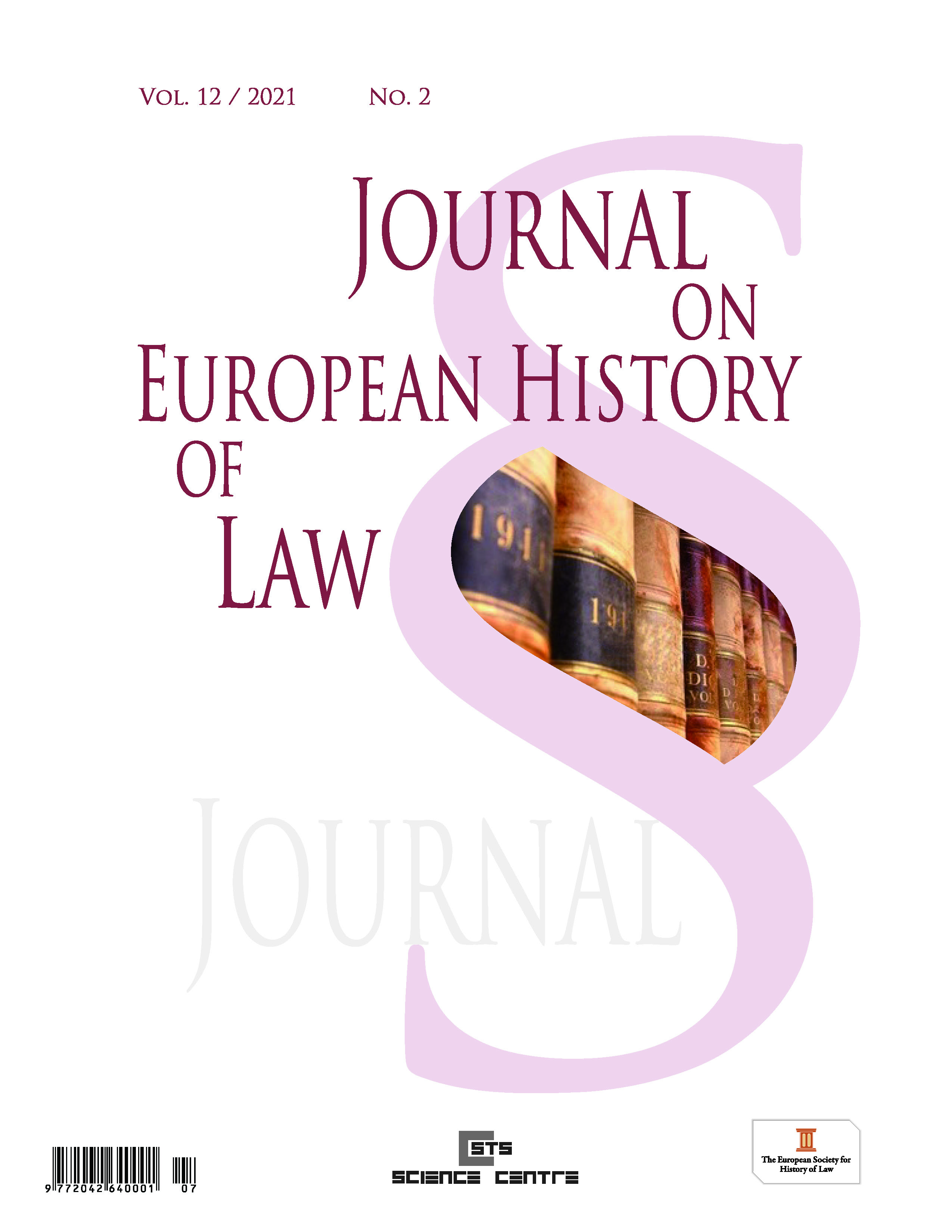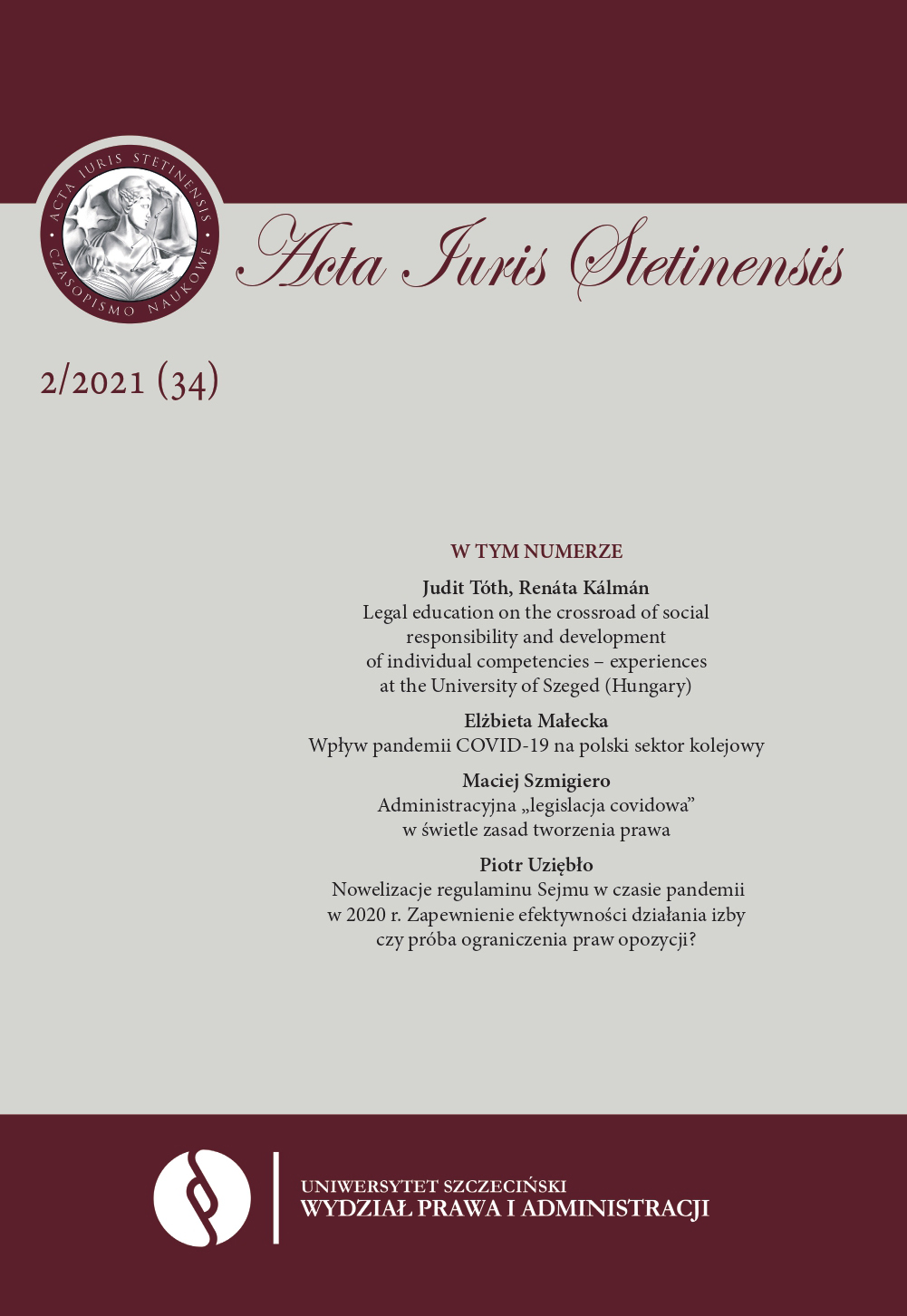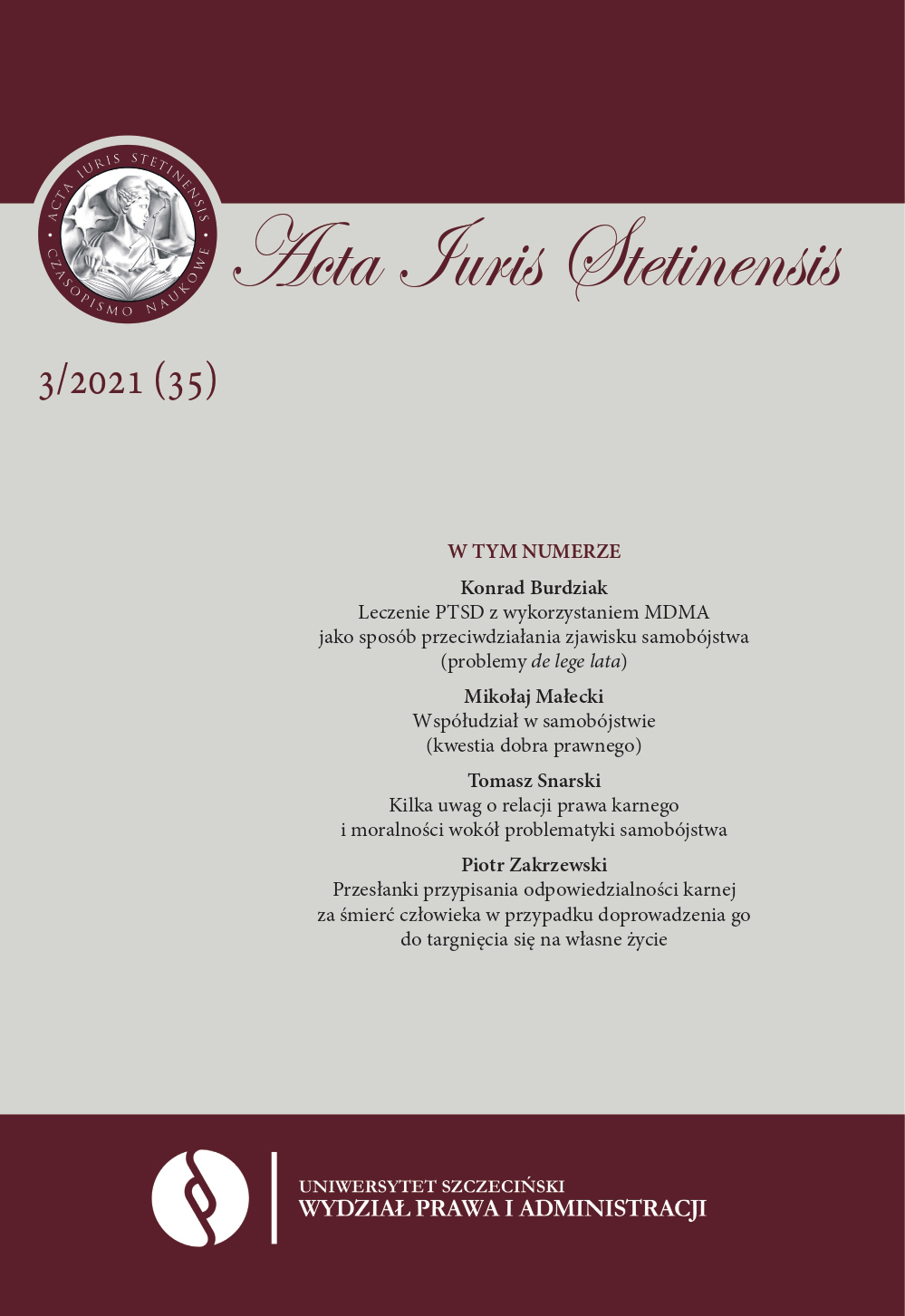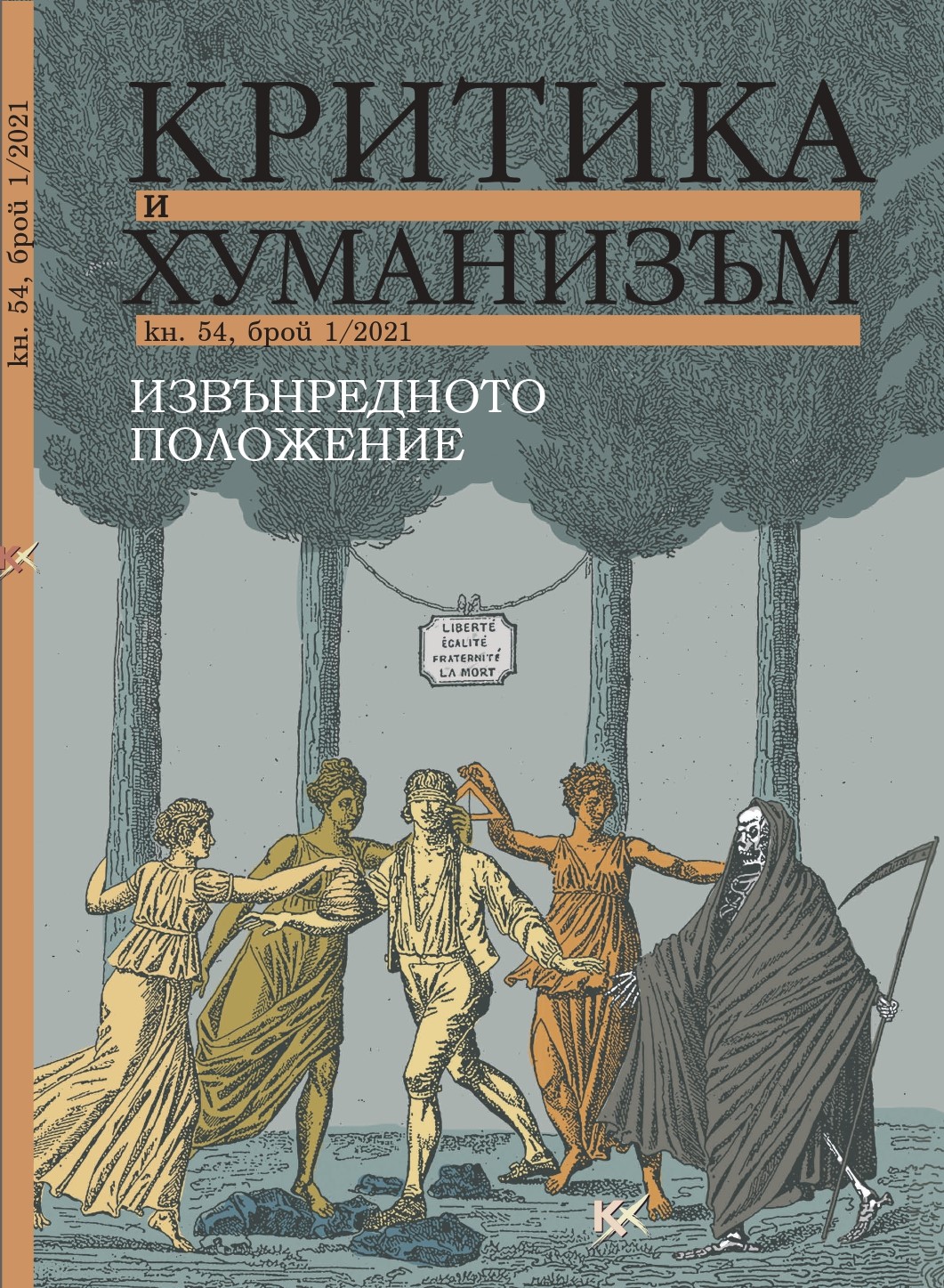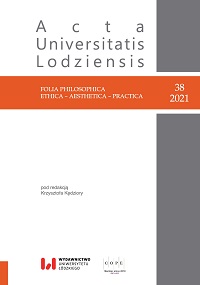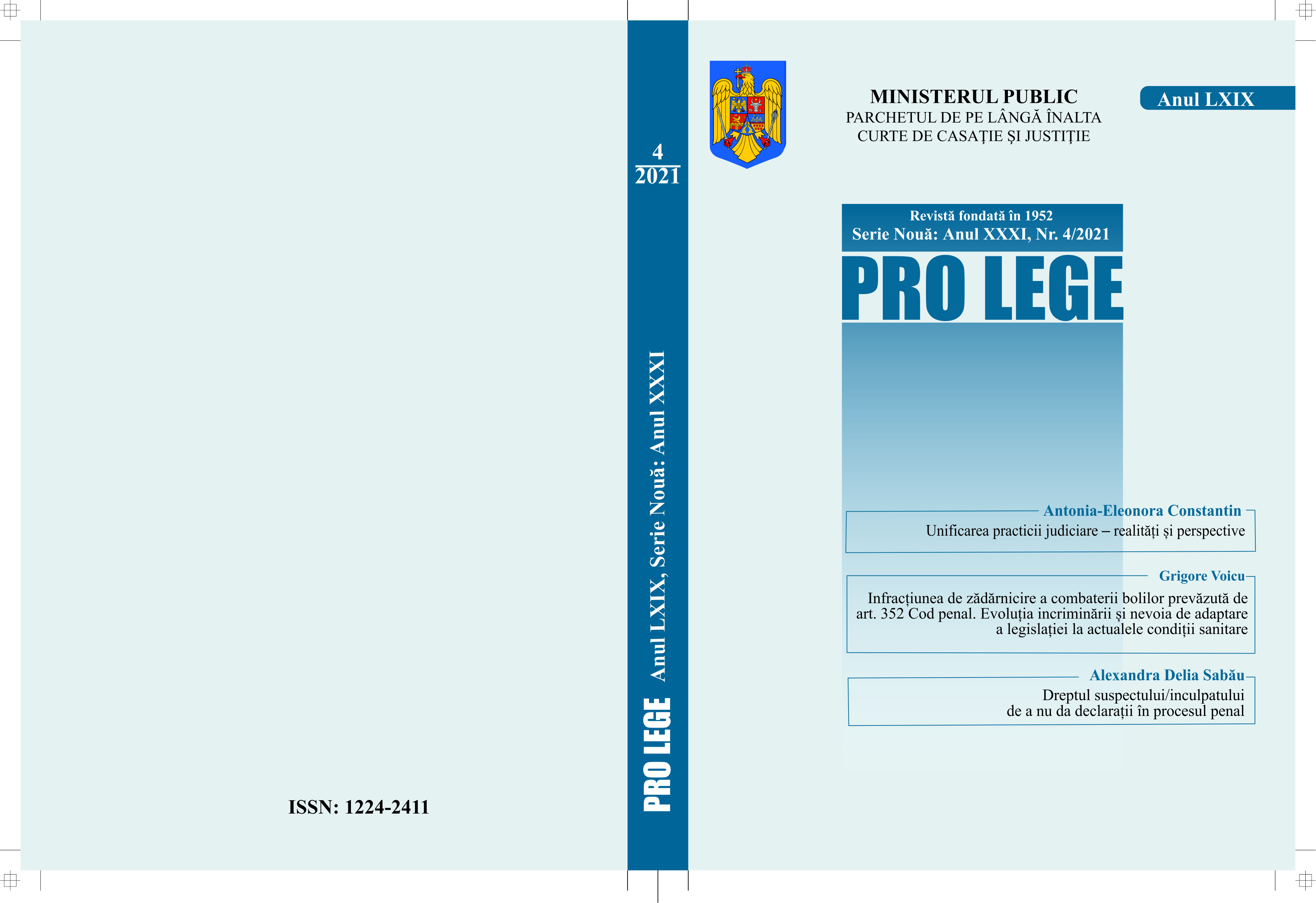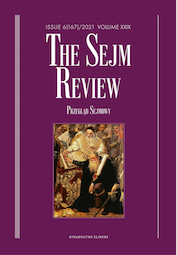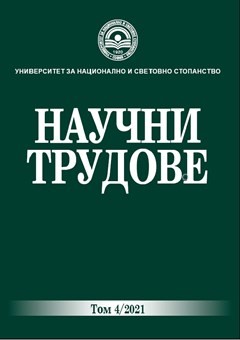Author(s): Eduard Constantin / Language(s): Romanian
Issue: 10/2021
Psychoactive substances are the substances provided in the content of Law no. 194/2011 on combating operations with products likely to have psychoactive effects, other than those provided by normative acts in force, the substances mentioned in special laws no. 143/2000 on preventing and combating illicit drug trafficking and consumption and no. 339/2005 on the legal regime of narcotic and psychotropic plants, substances and preparations. Cannabis, as a narcotic plant, is listed in Table II of Law no. 339/2005, respectively in Table III of Law no. 143/2000, as a risk drug, and tetrahydrocannabinol, pure extract from the cannabis plant, is listed in Table I of Law no. 339/2005, in the category of psychotropic substances, respectively in Table I of Law no. 143/2000, as a high-risk drug. The psychoactive effects of cannabis are mainly generated by the cannabinoid scientifically called delta-9-tetrahydrocannabinol. Driving on public roads a vehicle for which the law requires the possession of a driver's license by a person under the influence of psychoactive substances, as a result of the consumption of cannabis or tetrahydrocannabinol, in its pure state, is incriminated by art. 336 para. 2 of the Criminal Code, the deed being punished with imprisonment from 1 to 5 years or with a criminal fine. By Decision no. 101/2019, on the occasion of solving an exception of unconstitutionality regarding the provisions of art. 336 para. 2 of the Criminal Code, the Constitutional Court found that the legislator understood to incriminate the act of driving a vehicle under the influence of psychoactive substances in any situation after the consumption of such substances, irrelevant concentration detected in the body, the exception being rejected. The usual ways of cannabis use are smoking and ingestion. Regarding the ability to drive, cannabis use can generate some dangerous effects for road safety such as aggression in traffic (increased speed, dangerous overtaking or violation of traffic rules), lack of a correct perception of speed, distances, significance of signs or road markings, lack of distributive attention in handling the vehicle, delayed reaction to unforeseen or urgent factors or events, impaired visual function and general health (fainting), contributing to increased risk of serious road accidents with victims. Cannabis use can decrease the ability to drive a vehicle.
More...
